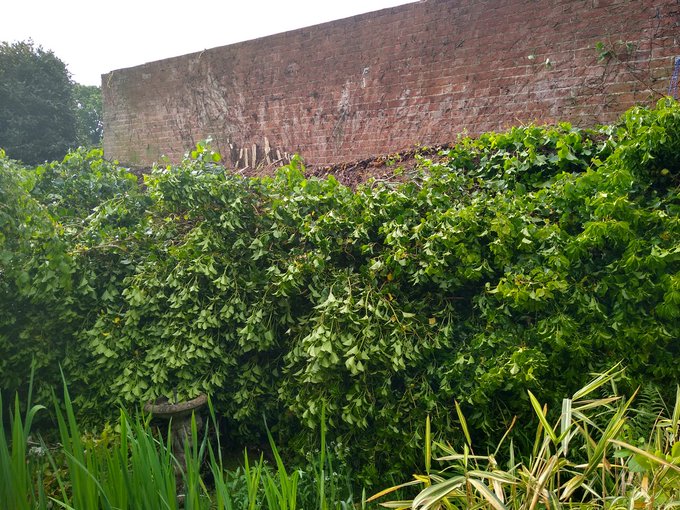By Reverend Roger Carr-Jones, Marriage & Family Life Coordinator for the Diocese of Westminster
On Saturday afternoon, 14th May, we gathered with other couples in the cathedral to participate in the Mass of Thanksgiving for Matrimony and renew our vows. In his homily Cardinal Nichols explicitly asked us to pray for couples, where the hopes and plans of their wedding day have instead given way to discord, separation and divorce. Those words reminded me of the words of Pope Francis who speaks of the bedside manner needed in the art of accompaniment: steady, reassuring, reflecting our closeness. This ‘art of accompaniment’ teaches us to remove our sandals before the sacred ground of the other (cf. Ex 3:5). (Evangelii Gaudium, 169).
On the journey home from Westminster, we reflected on the words of the homily, especially about the need to accompany and support those who have been hurt. In our married life there have been times of romance, disillusionment, misery, and awakening. We received the ‘art of accompaniment’ at a time of disillusionment, without which our paths may have parted. From our shared wounds, now healed, we accompany others at different stages and places, from the joys of engagement, marriage and enrichment, through to healing and restoration.
On Monday evening we accompanied our guests on a Restored Lives course, where once again the words of Pope Francis came to us, ‘I see the Church as a field hospital after a battle' (EG n.76). Healing the wounds and warming the hearts is part of each pilgrim’s journey. I like to begin each session with a short reflection, asking the Lord to give the first prompt. A little storm inspired the following words:
In our garden there is a very large wall against which was growing a very eclectic mix of ivies, roses and honeysuckle. This provided a home to a variety of creatures and birds. It was quite eye-catching, bringing life, colour and sound into the garden. Then there was a storm this weekend. On Sunday morning we awoke to discover that the overhanging ivy had been caught by the wind, became detached and brought a 25-foot section crashing down. What had been a beautiful sight is now snapped in half, its vast bulk obscuring the plant-life underneath and pond below. It’s looking very sad!
We have the choice to simply look at the devastation in our garden, or slowly work out how to bring about restoration. It is an opportunity to review the soundness of the wall, make some repairs and then slowly cut back the fallen growth. This latter part will take time as, whilst the ivy might be sacrificed, the roses and other plants will need more careful handling. Were we to do nothing then the life that is below would also become stifled due to a lack of light and the weight of the fallen plants.
The restoration begins by acknowledging our sense of loss, upset and recognising, but not being daunted by, the task. We need to avoid the temptation or accusation ‘if only you/we had taken the time to prune the top’! This might have some truth but is of little use after the event. In these circumstances, we have found using the term ‘it would have been better if’ helpful, as this acknowledges what has happened but allows a path for change.
Although we will seek advice on what to cut back and the pruning, we will need to make the effort to do the work. It will take time for the wall to be covered once again. We will notice for some time the scars where the plants were ripped away. However, there is the chance to add wire supports to better secure and support things in the future. It will be a partial restoration as we cannot replicate what was there before, but we can craft something equally beautiful, fragrant and catching to the eye.
This analogy leaves space for each guest to construct their new garden, drawing on aspects of the past, resting some areas and feeling able to replant anew. As we mark the Mass for Matrimony it is a reminder to be grateful for what we have received in the good times of marriage, to seek healing where needed and importantly to accompany those who need restoration.
For further support see
